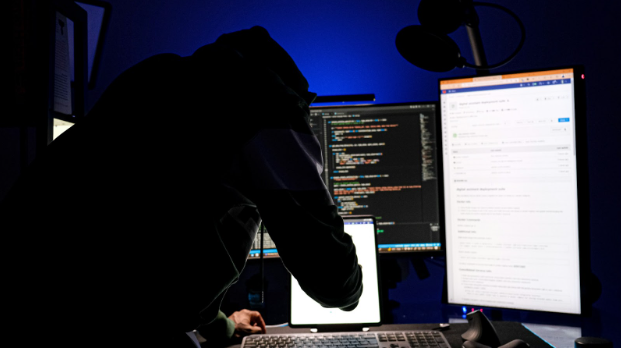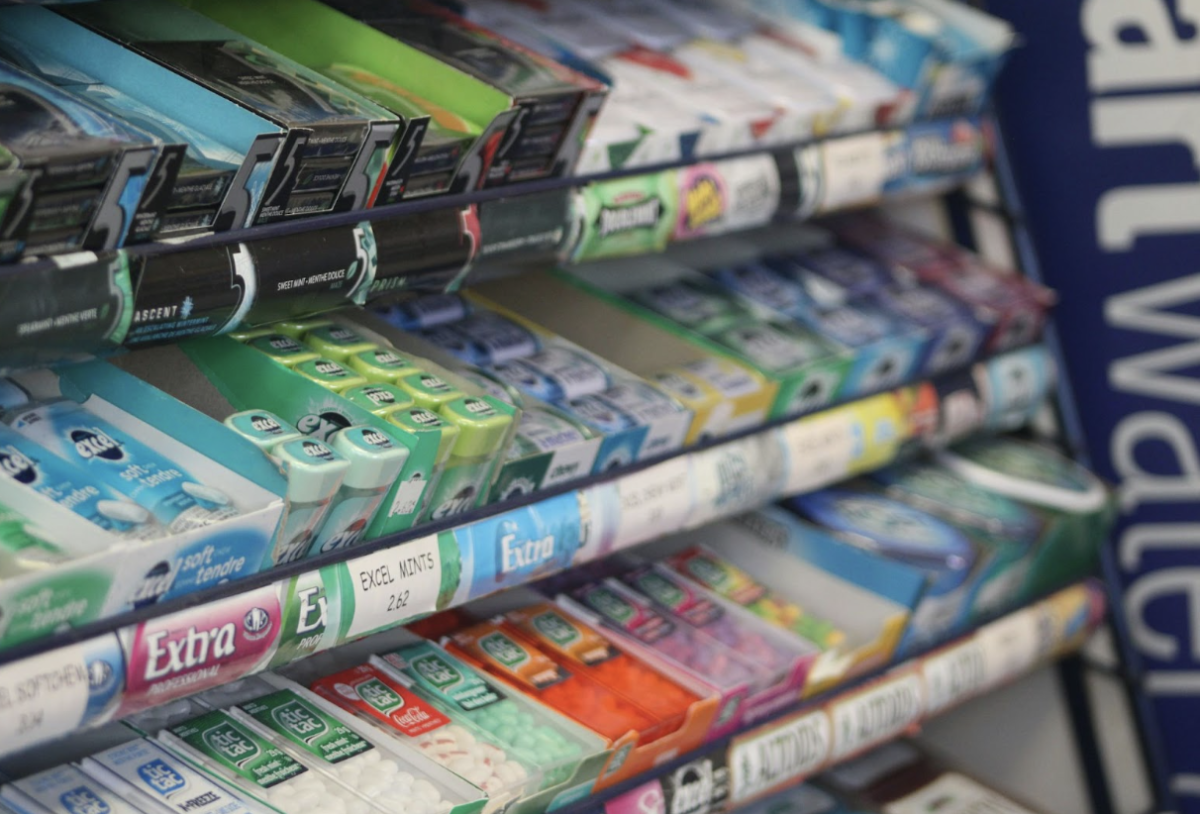
Cybersecurity is a recurring threat for software companies and their devices. From pop-up ads with virus links to phishing attacks, there are hundreds of different ways a hacker can extract your information.
Despite the different operations, a common requirement for information grabbers is that a user must first click on a link that opens the extractor. Unfortunately, this changed when Niv, Shalev and Omri Group Technologies (NSO), an Israeli military technology corporation, implemented a new form of operating in Pegasus. Pegasus is a spyware capable of infecting iOS and Android devices remotely and with little detection, that allows NSO to gain access to information within a person’s iPhone just from them opening their iMessages.
Pegasus is intended to be used as military spyware and was often used to spy on journalists, politicians and other political figures.
However, Apple implemented a patch for Pegasus in iOS 16.6.1 and with it also filed a lawsuit against NSO for violating the Computer Fraud and Abuse Act (CFAA), California’s Unfair Competition Law, breach of contract with Apple and that NSO enriched itself at the expense of Apple and its customers.
NSO attempted to argue that the lawsuit should be dismissed or transferred to Israel, however this was denied by Judge James Donato on Jan. 23.
Cybersecurity is not the only issue Apple has to tackle, as it continues to compete with others to have the largest downloader. However, the competition began to enter the legal gray, as software companies began to force consumers and developers to only obtain information through their means.
Recently, the United States Department of Justice took action, filing antitrust lawsuits against Apple, Google, and Meta on Mar. 21.
The Department of Justice alleged that Apple maintains a monopoly over the smartphone market by imposing contract restrictions and withholding critical access points from developers. Apple allegedly does this by undermining apps, products and services, promoting interoperability and lower costs for users and developers.

Although the case is still developing, the decisions made in the following months could lead to drastic changes in technology. If the court sides with the Department of Justice, software companies will have to significantly alter their online contracts with consumers and how their devices download apps and operate.
Apple has already previously been forced to change its methods, when federal legislation forced the company to make their devices independently repairable.
This is not the first time the federal government has dealt with technology companies, as they had Google, Facebook and X, formerly known as Twitter, appear before Congress in 2021 due to misinformation spread in their social media platforms.
In the rest of the world, Apple is still facing issues as the European Union earlier this year forced Apple to regulate its App Store and payment options after being fined billions. Some of these changes could heavily affect Apple’s income, such as being forced to allow competitors to launch app sellers in iOS, which would bypass the 30% cut they earn from apps sold in the App Store.
Despite the different origins and reasons for these lawsuits, they all have a common issue of controlling information. Government organizations like NGO want to be capable of viewing private information in order to keep track of potentially dangerous people, while Apple wants to keep control of how users obtain information to maximize their profits.
However, no matter who gains control of the information, it appears that individuals will be losing the most. Whether it’s increased prices for the same services or a greater amount of government surveillance, individuals will likely lose a great deal of privacy.
In order to benefit everyone as best as possible, governments and companies should come to agreements with each other as well as consumers in order to ensure that all parties have their priorities protected.













































































